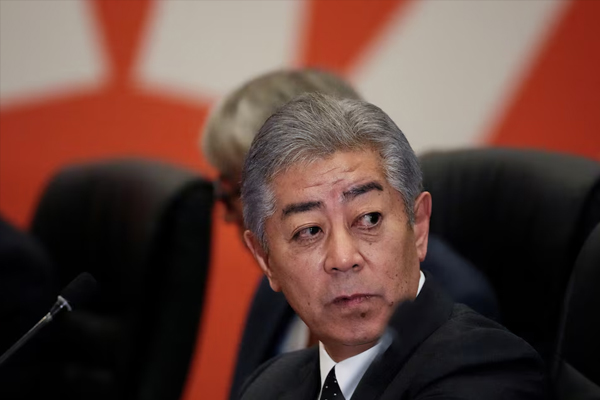
Japan’s foreign minister informed his U.S. counterpart on Tuesday that the country will continue to bolster its defence capabilities in response to the security situation in East Asia, according to his spokesperson.
The return of U.S. President Donald Trump has prompted expectations that Washington may put more pressure on allies to further step up defence spending.
Unprecedented Defence Build-Up
Spurred by concerns about China’s growing military might and nuclear-armed North Korea, Tokyo is undertaking a historic defence build-up.
In recent years, China’s aggressive territorial claims in the South China Sea and its increasingly assertive military activities in the East China Sea have raised alarms in Japan.
Additionally, North Korea’s continued development of nuclear weapons and missile technology poses a direct security threat to Japan, particularly after multiple missile tests that have landed in Japanese waters.
In response to these challenges, Japan is modernising its military capabilities, marking a shift from its post-WWII pacifist policies.
The government has significantly increased defence spending, with plans to expand its military budget to record levels, making it one of the highest in the world.
Japan is also investing in advanced technologies, including missile defence systems, stealth fighters, and naval assets, to bolster its deterrence capabilities.
Furthermore, Japan is enhancing its security alliances, particularly with the United States, and is gradually loosening its self-imposed restrictions on military action.
This historic defence build-up signals a shift in Japan’s approach to security, as it adapts to the evolving geopolitical landscape in East Asia and seeks to safeguard its national interests.
Japan’s Foreign Minister Takeshi Iwaya met with Trump’s Secretary of State Marco Rubio and National Security Advisor Mike Waltz on Tuesday in Washington.
Iwaya told Rubio and Waltz that Japan had no choice but to continue increasing defence capabilities given the situation in East Asia, foreign ministry spokesperson Toshihiro Kitamura told a news conference in Washington.
(With inputs from Reuters)




